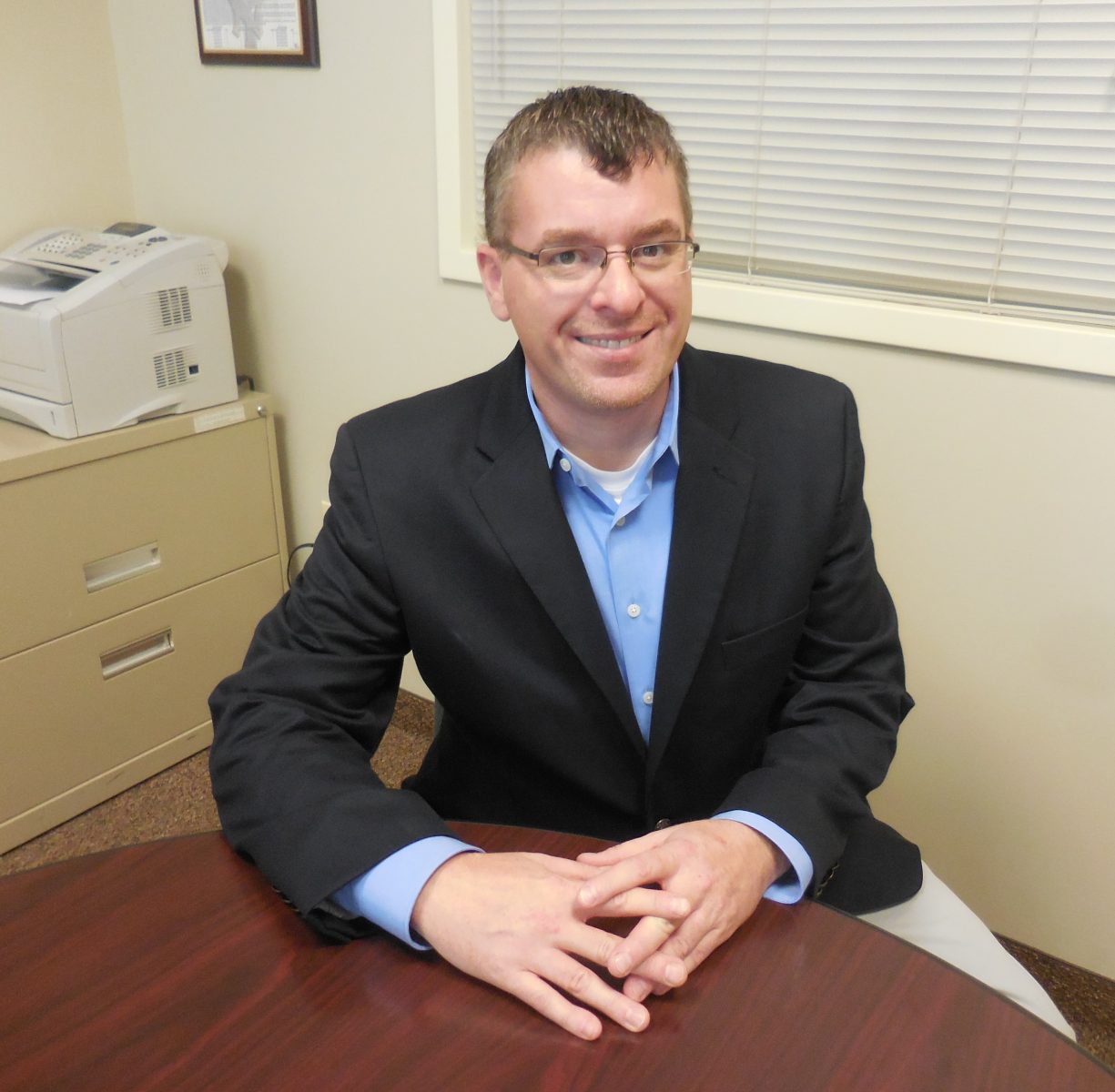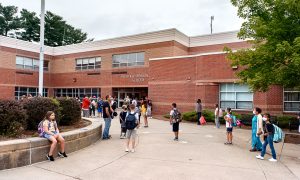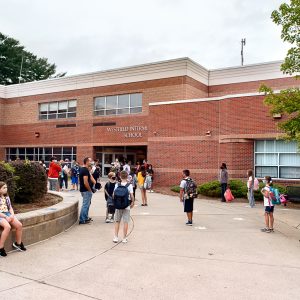WESTFIELD — One of School Superintendent Stefan Czaporowski’s top three goals for the 2021-22 school year, which he presented to the School Committee on Oct. 4, is to open, develop, sustain and expand the Westfield Virtual School.
“We meet every month at the very least with the principal (Thomas Osborn) about recruiting staff and curriculum,” Czaporowski said. Among the work being done is creating systems for monitoring student enrollment, attendance and accountability.
One of the challenges to date has been to hiring specialists to teach art and music, and “keeping it staffed to offer the same opportunities to students as in-person,” he said.
Next year, the goal is to expand the program, now offered to in kindergarten through grade eight. “We want to grow it to ninth grade next year,” Czaporowski said, and continue to expand each year.
The K-8 Virtual School is funded through a federal ESSER grant for three years, but the district is looking at ways to make it a long-term feature of the Westfield school system.
“I think it could be. We’re at 110 students right now,” Czaporowski said.
He said before the COVID-19 pandemic, there were two public virtual schools open to Massachusetts students, TECCA Connections Academy and the Greenfield Commonwealth Virtual School, both of which have waiting lists. This year, seven public school districts, including Westfield and Springfield, took the option to add a virtual school.
One of the state policies that Czaporowski hopes will change is to allow school choice into virtual schools, so that students outside the district could attend the Westfield Virtual School. Under the school choice system, the student’s “home” school district would pay tuition to Westfield.
Remote learning was used extensively throughout Massachusetts at the height of the COVID-19 pandemic, in spring 2020 and the 2020-21 school year, but state officials banned its use for the current school year, apart from the seven school districts with dedicated virtual schools.
Last month, the State House News Service reported that several parents from towns without a virtual school have asked the state Board of Elementary and Secondary Education to relax its ban on remote learning, as the threat of COVID-19 has not fully subsided.
The superintendent’s other top goals this year are to strengthen and develop protocols for the multi-tiered system of support, and to increase stakeholder and family engagement in the schools.
“The goal is to increase student achievement and attendance, and to have more positive student outcomes,” Czaporowski said about the focus on the system of support.
Czaporowski has also resumed Parent Advisory Board meetings, where he meets with a parent member from each school and members from the English Language and Special Education parent advisory councils, to help him disseminate information and get relevant feedback.






